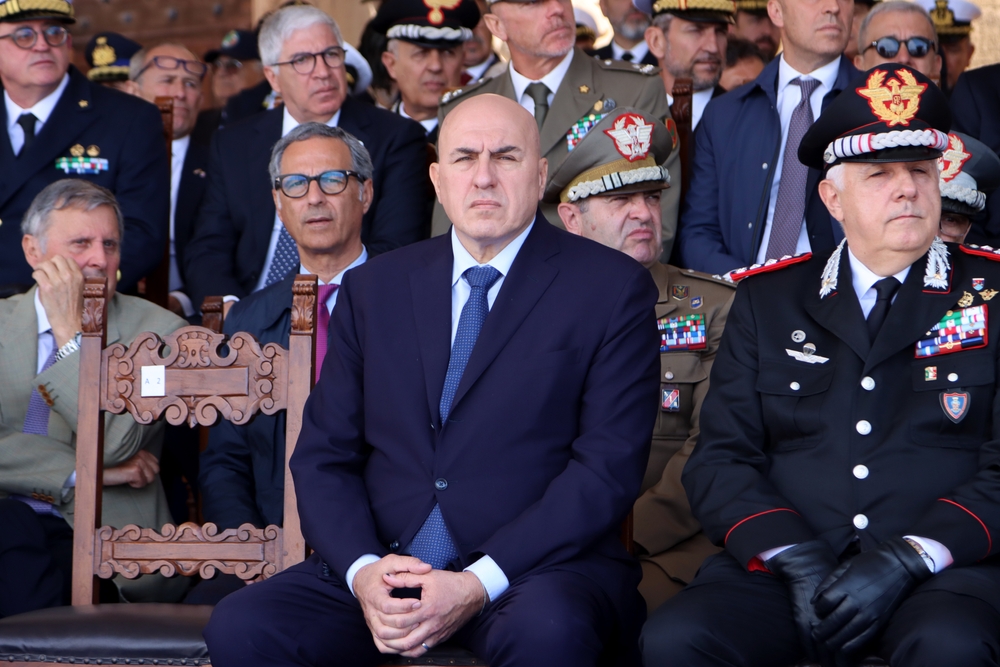The investigation into unauthorized access to national anti-mafia databases by Pasquale Striano, a lieutenant in the Guardia di Finanza, has revealed a far more extensive breach than previously believed. According to the Perugia Public Prosecutor’s Office, Striano allegedly downloaded around 200,000 documents between 2019 and 2020, significantly more than the 30,000 documents reported between 2021 and 2022. This brings the total to a staggering 230,000 documents over four years, raising serious questions about the legitimacy of his actions.
The inquiry was initiated following a complaint by Defense Minister Guido Crosetto, triggered by a newspaper article from Domani that disclosed sensitive information regarding him. The investigation has been ongoing since at least the summer of 2023 and focuses on Striano and former Deputy Prosecutor Antonio Laudati, who are accused of illicitly accessing databases to gather compromising information on government officials, politicians, business leaders, and even celebrities. The prosecutor’s office indicates that the number of individuals affected is likely much larger than initially thought.
A request for house arrest for Striano and Laudati was made by the Perugia prosecutor’s office last May but was denied by a preliminary investigations judge in July. In resubmitting the request to the appeals court, the prosecution presented evidence of Striano’s numerous unauthorized accesses, including two reports from the Guardia di Finanza and a memo produced by the Suspicious Operations Reports (SOS) group of the national anti-mafia directorate. Striano was part of this group until November 23, 2022, when he was removed at the request of National Anti-Mafia Prosecutor Giovanni Melillo after the unauthorized accesses came to light.
Evidence presented during the hearing indicated that Striano downloaded over 10,000 files in a single day—a staggering figure that cannot be justified by routine administrative duties. Comparatively, others in similar roles typically do not reach such numbers even over four years. Public prosecutor Raffaele Cantone emphasized the possibility that this massive document retrieval serves motives beyond those identified so far, including the leaking of information to the press.
In light of these findings, the Perugia prosecutor’s office has reiterated its request for house arrest for Striano and Laudati, citing the risk of evidence tampering. The next court hearing is scheduled for November 12, as the investigation continues to unravel a web of potential misconduct within the ranks of Italy’s financial law enforcement.
As the case unfolds, it raises broader concerns about the integrity of security agencies and the protection of sensitive information in the public sector, a matter that demands urgent attention from both lawmakers and the public.

